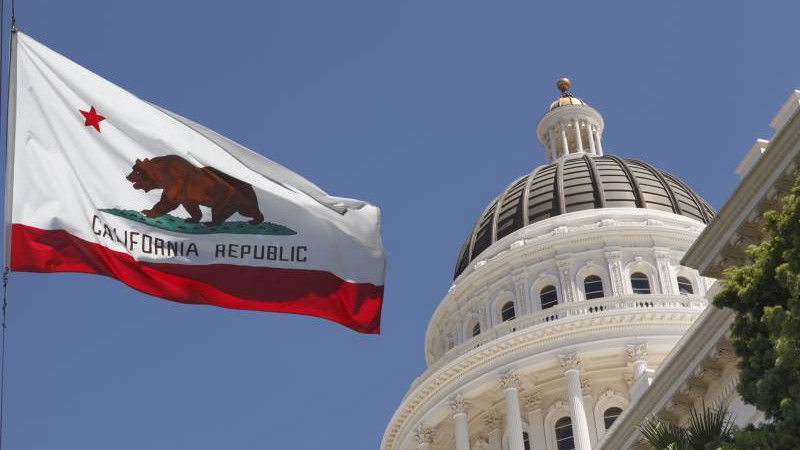US Congress closer to legalize online gambling

Representative Barney Frank is the author of H.R. 2267, which would allow Internet casinos to obtain licenses from and be regulated by the federal government. A related bill, H.R. 2268, would impose a 2 % federal "Internet gambling fee" and, just in case, require that the IRS be notified of taxpayers' winnings. The third, H.R. 4976, says state governments may collect a 6 % gambling tax.
The proposals would raise an extra us$ 58 billion in tax revenue by 2015 and create about 32,000 jobs, estimates a report released last month by H2 Gambling Capital, a gaming consultancy. (H2 was assuming that all forms of Internet gambling, including sports betting, would be permitted.)
Frank and some of his allies, mostly Democrats joined by a few libertarian-minded souls like Ron Paul, have been trying to reverse the online gambling ban ever since George W. Bush signed the measure in late 2006. Frank calls it "an inappropriate interference on the personal freedom of Americans"; other critics have pointed out that Republicans glued the gambling ban onto an unrelated bill dealing with port security.
Frank, who will be testifying during Wednesday's hearing, says that because nearly all states already permit some form of traditional gambling--including lotteries, betting on horse and greyhound racing, and sports wagering--the federal government should legalize and regulate the online equivalents. Instead of a blanket legalization, his legislation would require the Treasury Department to police the industry and ensure that it takes adequate steps to identify minors and compulsive gamblers.
Other witnesses who are scheduled to show up include Representative Jim McDermott, who has sponsored some of the legalize-and-tax legislation and wants the tax money to be used to improve foster care for children; Representative Bob Goodlatte, who has been an ardent enemy of online gambling even though he's listed as a co-chair of the Congressional Internet Caucus; and representatives of the IRS and Treasury Department.
Although the tax revenues could be enormous, "that's not why the existing law should be overturned," said policy analyst Michelle Minton, a policy analyst at the free-market Competitive Enterprise Institute. "The fundamental issue is consumer choice--it is not the place of government to tell adult citizens what activities they can and cannot engage in from the privacy of their own homes."
Opposing the plan are conservative groups including Focus on the Family Action, which has said of Frank's efforts: "This is all about Big Government decriminalizing an addictive, predatory vice in order to exploit more citizens for more money...When federal government tries to cannibalize its own citizens for more revenues, something is wrong."
















